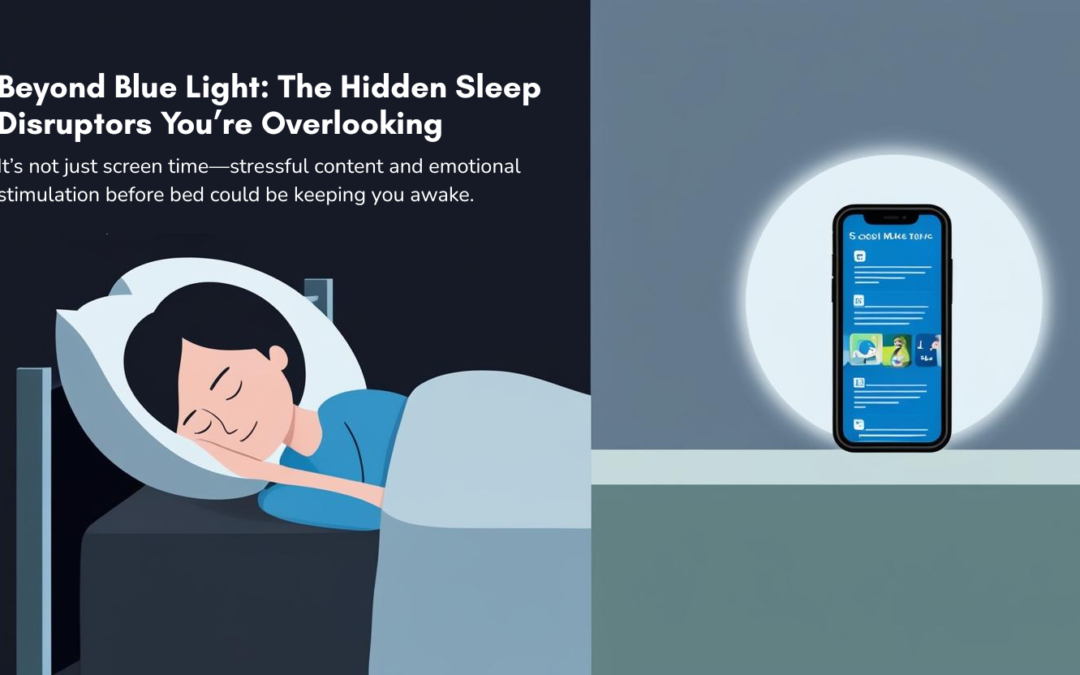In recent years, blue light has been cast as the villain in our battle for better sleep. The science supports the idea that exposure to blue light—especially from screens—can interfere with melatonin production, the hormone responsible for regulating sleep. But is blue light the only problem, or is there more at play when it comes to restless nights?
The Science of Blue Light and Sleep
Blue light, emitted by smartphones, tablets, and laptops, has been shown to suppress melatonin secretion, delaying sleep onset and potentially reducing sleep quality. A study published in the Proceedings of the National Academy of Sciences(Chang et al., 2015) found that participants who read on light-emitting devices before bed took longer to fall asleep, had reduced evening sleepiness, and experienced less REM sleep compared to those who read from physical books. This makes sense from an evolutionary perspective—natural blue light from the sun helps regulate our circadian rhythm, keeping us alert during the day. But artificial blue light at night tricks our brains into thinking it’s still daytime.
Negative Stimulation: The Overlooked Culprit
While the impact of blue light on melatonin is well-documented, it’s not the only factor that may be affecting sleep. Consider the type of content you engage with before bed. Are you scrolling through heated political debates? Watching a suspenseful thriller? Engaging with stress-inducing social media posts? These activities can activate the brain’s stress response, increasing cortisol levels and making it harder to relax and fall asleep.
Studies have shown that emotional stimulation before bedtime can lead to increased physiological arousal, delaying the onset of sleep and reducing sleep efficiency (Vandekerckhove & Cluydts, 2010). Additionally, our dreams are often shaped by recent experiences—if you consume negative, intense, or distressing content before bed, you may be more likely to experience unsettling dreams or nightmares.
A Holistic Approach to Better Sleep
If you struggle with falling asleep, reducing screen time in the evening is a good first step, but it’s just as important to be mindful of what you’re consuming before bed. Here are some tips for a healthier nighttime routine:
- Reduce Screen Exposure: If you must use screens, consider wearing blue light-blocking glasses or enabling night mode on your devices.
- Choose Calm Content: Opt for lighthearted, relaxing, or uplifting material before bed rather than intense news or action-packed shows.
- Create a Wind-Down Routine: Engage in activities that promote relaxation, such as reading a physical book, meditating, or journaling.
- Practice Digital Detox: Disconnect from social media at least an hour before bed to avoid negative emotional stimulation.
The Takeaway
Blue light certainly plays a role in sleep disruption, but it’s only part of the story. The emotional and cognitive stimulation from the content we consume may be just as influential in determining our sleep quality. By being mindful of both light exposure and emotional stimulation before bed, we can create a more restful and restorative nighttime routine.
What do you think? Have you noticed an impact from the type of content you engage with before bed? Let’s discuss in the comments!

